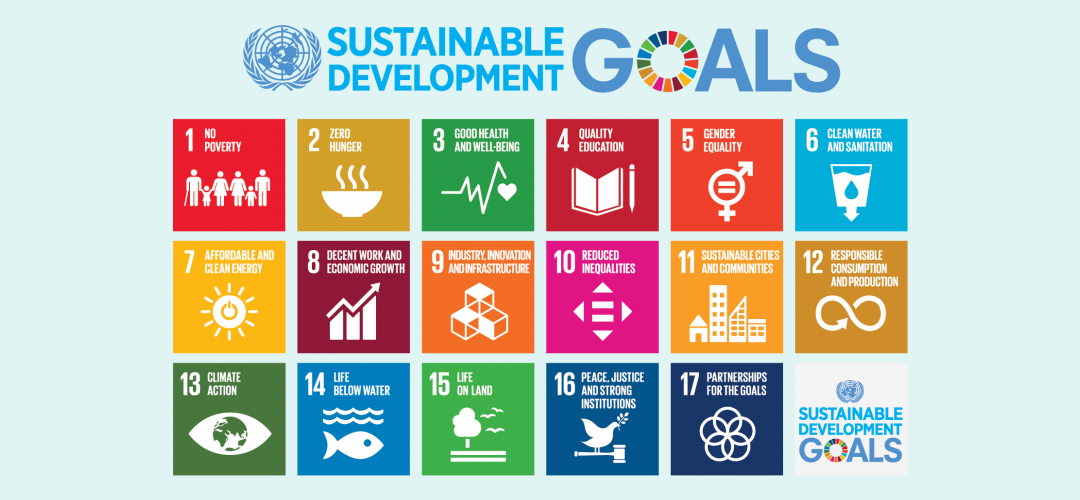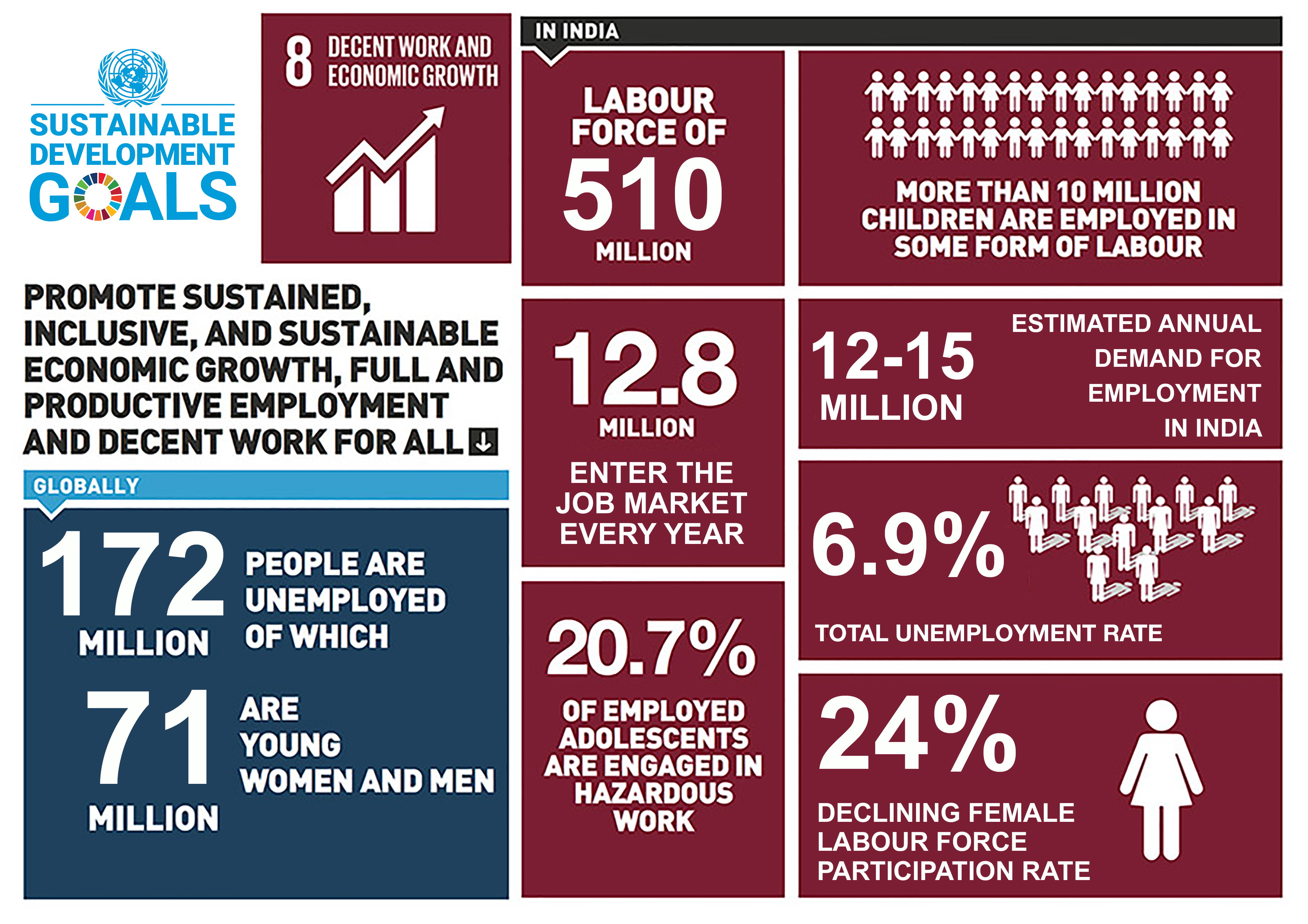DECLINING GOALS OF HUMAN WELLNESS
July 9, 2022 | Expert Insights

Global performance on SDGs witnessed a steep decline, as per the 7th edition of the Sustainable Development Goals Report 2022. The signs are ominous- warning for the second time in a row that the world is no longer making progress in attaining the SDGs. Multiple and simultaneous crises across the world on health, climate and geopolitics have spawned significant reversal in the acquisition of SDGs. Finland and the Nordic countries continue to top the Sustainable Development Report 2022, whilst Asia remains the least progressed region.
Background
The standard SDG Index score vaguely declined in 2021, partially due to hypothetical recuperation in impoverished and vulnerable countries. SDGs 1 and 8, i.e., No Poverty and Decent work and Economic Growth, lingers lower than pre-pandemic levels in many underdeveloped countries. From 2015-2019, a distinct setback was visible even before the pandemic, as the world advanced on the SDGs at a rate of 0.5 points per year (too slow to reach the 2030-time frame).

Analysis
Peace, diplomacy, and international cooperation are underlying parameters for the world to make any headway on the SDGs towards 2030 and beyond. The fallout of the war in Ukraine, other military antagonisms and the health crisis remain highly unsettled. These have sidetracked policy attention and precedence away from medium and long-term goals such as the SDGs and the Paris Climate Agreement. Sadly, multiple nagging short-term issues have intervened to slow down the adoption of these ambitious and credible plans made by individual developing countries with support from the international community. The pandemic, the rising cost of energy and a looming recession over the last two years has squeezed whatever international funding that was available for SDGs. Even SDGs that targeted breakthrough climate and biodiversity goals, and were largely to be achieved by prosperous countries, are irrevocably trailing behind.
Ahead of the heads of state SDG Summit in 2023, one can only hope that reinstating and evolving SDG progress in all countries, including the poorest and most vulnerable, would be a major priority of convalescence plans and reforms to the international development finance structure.
At the mid-point on the way to 2030, policy endeavours and commitments underpinning the SDGs vary significantly across countries, including some G20 nations. Zealous and sound national targets, strategies, and plans are pivotal to turning the SDGs into an action agenda. This year’s pilot score of Governments’ Commitment and Efforts for the SDGs, compiled for more than 60 countries, divulges that among G20 member states, the US, Brazil, and the Russian Federation evinced the minimal support for the 2030 Agenda and the SDGs. This is a sad commentary on the declining interest in achieving the SDGs by larger economies.
The only silver lining in an otherwise bleak outlook is that three Nordic countries have surpassed the SDG Index 2022, but paradoxically these countries face serious challenges in achieving several SDGs. Argentina, Germany, Japan and Mexico (all G20 members) majorly prop up SDGs. Countries such as Benin and Nigeria have large vents in their SDG Index yet also reap comparatively high scores for their policy innovations. This may boost them to achieve healthier results in the coming years. Interestingly, Benin and Mexico have both issued SDG Sovereign Bonds, a neoteric move to expand their sustainable development investments.
Rich countries spawn negative international spillovers through unsustainable consumption, but only Europe seems to be taking any action. The 2022 International Spillover Index underscores how rich countries, including many European countries, generate negative socioeconomic and environmental spillovers, including unsustainable trade and supply chains. The EU has demanded 'zero tolerance' of child labour and has used trade to export European values around the world.
Assessment
- Achieving the SDGs is fundamentally an investment agenda in physical infrastructure (comprising renewable energy) and human capital. Yet the poorest half of the world falls short of market access to capital on justifiable terms to be able to invest in the SDGs in a meaningful manner.
- Global cooperation and allegiance to the bedrock SDG postulates of social incorporation, clean energy, accountable consumption, and universal access to public services are needed more than ever to counter the major challenges of our time, including security catastrophes, pandemics, and climate change.
- In retaliation to the fluctuating SDG performance, a plan for financing the SDGs is needed. The plan needs the active participation of the G20, International Monetary Fund and Multilateral Development Banks (MDB) to bolster the finances to convalesce their balance sheets so that they can engineer economic development and meet the SDG targets. Developing nations must coordinate with the IMB and MDBWorking together with the IMF and the MDBs, to redefine their debt managment to reflect current realities and improve their creditworthiness by integrating their borrowing policies with domestic tax and export regulations.








Comments